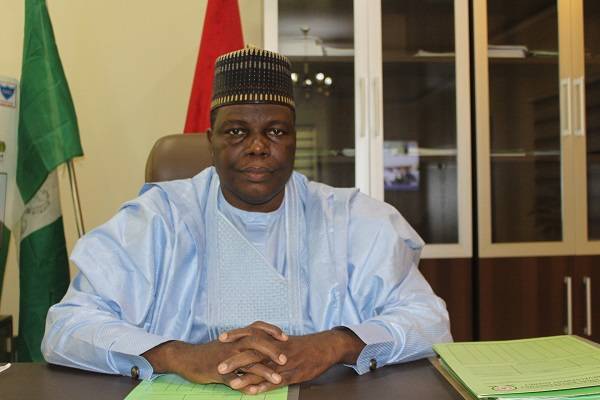The Muslim community has been called upon to disregard some of the health and religious concerns being expressed against genetically modified crops. The Director-General/Chief Executive Officer of the National Biotechnology Research and Development Agency (NABDA), Prof. Abdullahi Mustapha, made this appeal during a sensitisation workshop on GMOs and their products for the Islamic community in Abuja.
Mustapha said, “We recognise that Islamic teaching demands that what we consume be both halal and tayyib – wholesome, pure and free from harm. It is our shared responsibility to ensure that any agricultural biotechnology product we embrace aligns fully with these higher objectives of Sharīah, protecting life, health and dignity”. The event afforded leading scientists and regulators to come together to explain the science behind GMOs, including addressing some of the concerns expressed about their safety. Citing examples of drought-tolerant crops, vitamin-enhanced staples, and other innovations, the Professor observed that they were “designed to bolster yields, improve nutrition, and mitigate the worst effects of an increasingly unpredictable climate”.
A respected breeder from the Ahmadu Bello University, Zaria, Prof. Mohammad Ishiyaku, who guided the clerics through various stages of GMO development, affirmed that as a Muslim, he would not undertake the development of a crop that had the potential to harm Muslims in the country. The don added that speculations about these crops, causing health problems, are allegedly mostly motivated by market-driven intentions rather than scientific data. The Director of Agricultural Biotechnology at the National Biotechnology Research and Development Agency, Dr. Rose Gidado, disclosed that “When genetic engineering results in reduced pesticide dependence, we have less pesticide residues in foods, we reduce pesticide leaching into groundwater, and we minimise farm worker exposure to hazardous products”.

The Director informed that “researchers (have) realised that if a crop plant is genetically engineered to be resistant to a broad-spectrum herbicide, weed management could be simplified and safer chemicals could be used. It is often argued that such GE varieties reduce soil erosion because they make the adoption of soil-conserving practices such as ‘no-till’ easier” while the Programme Officer, Stewardship, African Agricultural Technological Foundation, Dr. Ehirim Bernard, revealed that “Bt proteins have a long history of safety, as far back as the 1950s without any documented human harm”, adding that Bt maize had been consumed since 1996 while “drought-tolerant maize has been in the market for over a decade, with no toxicity or allergenicity concerns reported”.



